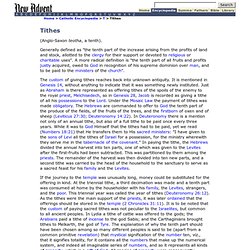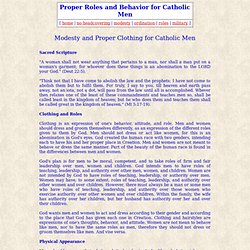

Social Commentary. Social Status. The Plowman in The Canterbury Tales: General Prologue & Frame Story. The Plowman is just as holy and virtuous as his brother the Parson.

Living a simple life of hard labor, the Plowman has to do the dirtiest jobs of the medieval world, like load carts full of cow manure. Yet he never complains, for his labor is work he must do both for his fellow-Christians and for Christ. Therefore he loves God, whether the going is easy or hard. The Plowman was the most recognizable medieval symbol of the poor and was associated with great virtue, especially after Chaucer's contemporary, William Langland, wrote a long poem entitled Piers Plowman, about a Christ-like, hard-working plowman who must save his society from the consequences of their sinful lives. Here, as his brother does with religious figures, the Plowman provides an important point of contrast with other lower-class characters we see in the Tales, like the Miller and the Reeve. Indirect Characterization.
Is it great working at the krusty krab? Example Picture. Paraphrase. Indirect Characterization. Example Picture. Never Give Up - Elijah Prays for Rain. Paraphrase. Indirect characterization. Tithes. (Anglo-Saxon teotha, a tenth).

Generally defined as "the tenth part of the increase arising from the profits of land and stock, allotted to the clergy for their support or devoted to religious or charitable uses". A more radical definition is "the tenth part of all fruits and profits justly acquired, owed to God in recognition of his supreme dominion over man, and to be paid to the ministers of the church". The custom of giving tithes reaches back into unknown antiquity. It is mentioned in Genesis 14, without anything to indicate that it was something newly instituted. Just as Abraham is there represented as offering tithes of the spoils of the enemy to the royal priest, Melchisedech, so in Genesis 28, Jacob is recorded as giving a tithe of all his possessions to the Lord.
If the journey to the temple was unusually long, money could be substituted for the offering in kind. At first, the tithe was payable to the bishop, but later the right passed by common law to parish priests. Sources. Example Picture. Paraphrase. Direct Characterization. Baby Jesus Prayer Clean Edited Talladega nights. Paraphrase. Example Picture. Direct Characterization. Example Picture. Paraphrase. Billy Joel - Honesty. Indirection Characterization. Example Picture. Paraphrase. Charity Navigator - America's Largest Charity Evaluator.
Indirect Characterization. Paraphrase. Modesty and Proper Clothing for Catholic Men. Sacred Scripture "A woman shall not wear anything that pertains to a man, nor shall a man put on a woman's garment; for whoever does these things is an abomination to the LORD your God.

" (Deut 22:5). "Think not that I have come to abolish the law and the prophets; I have not come to abolish them but to fulfil them. For truly, I say to you, till heaven and earth pass away, not an iota, not a dot, will pass from the law until all is accomplished. Whever then relaxes one of the least of these commandments and teaches men so, shall be called least in the kingdom of heaven; but he who does them and teaches them shall be called great in the kingdom of heaven. " Clothing and Roles Clothing is an expression of one's behavior, attitude, and role. God's plan is for men to be moral, competent, and to take roles of firm and fair leadership over men, women and children. Physical Appearance Men should groom their hair relatively short. Men should not overly adore themselves with gold or jewelry.
Example Picture.